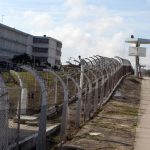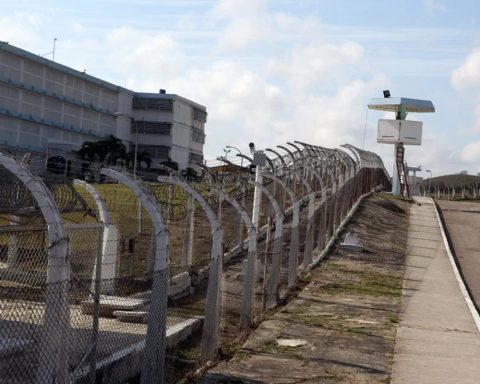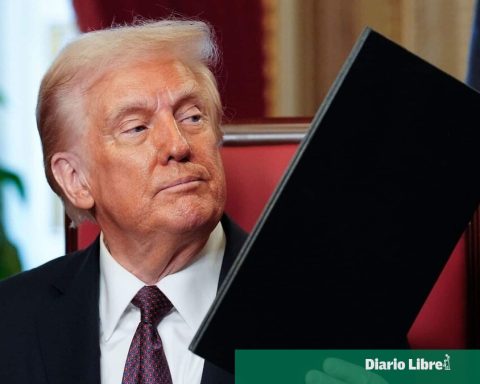The governor of São Paulo, Tarcísio de Freitas, asked this Monday (20) that anyone on the coast not try to return to the capital now. “With the lack of energy and communication, many people try to leave their homes to return to São Paulo and other parts of the state. The ideal is that they do not move yet”. 
The governor gave an interview in São Sebastião, the city on the north coast most affected by the storms, together with President Luiz Inácio Lula da Silva and the mayor of São Sebastião, Felipe Augusto.
“We are releasing the blockages, we managed to release the [acesso da praia] of Toque-Toque, we are arriving at Maresias, doing the stop and go operation. The idea is that we can free up to Barra do Saí today”.
According to the governor, the main transport routes will be Rio-Santos and Tamoios. “The recovery of Mogi-Bertioga will still take some time, it is a section that has been hit hard, and the recovery of Rio Sul could take a long time”, he said.
Tarcísio de Freitas recalled that people who did not have their homes affected suffer from a lack of energy and communication. “With the rain, there was a break in the fiber optics, loss of antennas, loss of the power supply network. So, people were completely without information, isolated, unable to buy food in the market. The markets have also lost their stocks, people can’t swipe cards, they’re out of money and this is causing many people to try to leave their homes to return to São Paulo and other parts of the state”.
The governor highlighted that the supply is arriving. “From food, mattresses, people are being housed in schools and non-governmental organizations. And to donate the reference will be the Social Fund of the state of São Paulo”.
Tarcísio de Freitas also thanked the help of the federal government and highlighted the immediate actions. “At this moment, we are going to receive a supply of 30,000 liters of drinking water to distribute to the municipality, schools and hospitals. With the flood, some water treatment plants stopped operating. At the moment, Sabesp is maintaining the pumps to resume water production. We have 30 tanker trucks here in condition to supply drinking water”.
Mayor
During the interview, the mayor of São Sebastião, Felipe Augusto, spoke about the service difficulties, due to the characteristics of the municipality. “The city is more than 100 km long and has small neighborhoods, with the characteristics of microcities, which were literally isolated by sections of the highway that were beginning to collapse”. He reported that support vehicles, support and machinery available at the city hall were used so that some stretches were released until help from the state arrived.
Felipe Augusto mentioned the measures that will be taken for the reconstruction. “At this meeting we just had, under the command of the President of the Republic, we defined actions and strategies for the rapid reconstruction of housing units together with the Ministries of National Integration and Cities. He recalled the humanitarian aid that will be centralized in the Social Solidarity Fund of the State of São Paulo and the municipality of São Sebastião. According to the mayor, the process of rebuilding the municipality will be slow due to the damage to the highway that affected the entire length of the municipality of São Sebastião.
He also stated that the focus is on seeking lives and that the actions will be aimed at reconstruction, but, in the first place, at assisting victims and searching for survivors. “All the men mobilized at this moment are looking for lives, several areas are still covered. Thanks to the air operation, we are managing to serve all the neighborhoods”.
The mayor thanked Governor Tarcísio de Freitas, the National Civil Defense and the President of the Republic for their help.
















